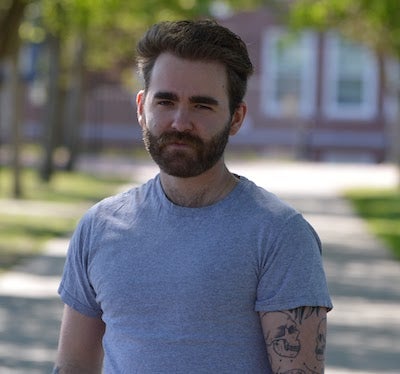Majors: Anthropology and Biological Sciences
Hometown: Westerly, RI
Q. What makes the College of Arts and Sciences at URI unique?
A. The College of Arts and Sciences is unique in that there is a clear dedication from the staff for the benefit and future opportunities of their students. My professors have always pushed me academically, and brought to light events, showcases, career prospects, and further classes that require the skills and knowledge gained through their teachings. There is a commitment to work with us personally and ensure that we are ready for our futures.
What accomplishments and/or activities at URI are you most proud of now?
During my time at URI I was most proud of my acceptance to the Koobi Fora field school on Lake Turkana in Kenya, a site where great anthropologists like the Leaky’s and URI’s own Dr. Holly Dunsworth attended and worked with the remains of humanity’s ancestors. My education from Dr. Dunsworth and the other teaching staff gave me the credentials necessary to be accepted, but because of the pandemic, I was unable to make the trip. Despite the setback, the knowledge that I was ready and able to work at a prestigious field school leaves me with pride for my school, and with hope for what I can achieve after graduation.
What do you value about your liberal arts education?
My education in the liberal arts helped me gain a broader appreciation for the ways science is conducted and exchanged. Many times when people think of scientists, an image of a white coat and infallible knowledge may come to mind, but the reality is that science is more than just tests in a lab without emotion. It is the revival of a language through interpersonal connections and diligent linguistic research, it is appreciating the ancient behaviours of long gone civilizations, and most importantly to me, it is knowing that you can be wrong. That’s alright, because you may provide the next step forward for future work. What I value most from this realm of education is that unlike other science work, there is a humbling and humility that comes from uncertainty that can later be built upon and molded into the best possible explanation. There may not be a perfect right or wrong.
What’s next for you?
With graduation approaching, my next steps will be to get into the world and try to gain experiences in relevant fields to my majors, before pursuing graduate school. I believe an equal amount can be learned from working with people on the ground as can be learned from a classroom, and I want to see what I can do to facilitate both avenues.

